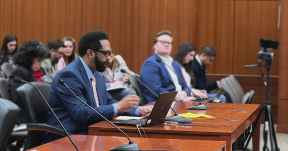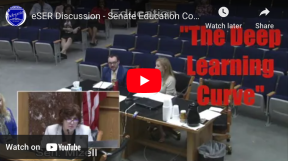Today, Governor Edwards released his proposed budget for the upcoming year. This outlines his spending priorities for the state, but it is only the first step. The budget will now go through the legislative process, where legislators will make adjustments to reflect their own priorities. We are pleased to see that the Governor did include pay raises for teachers and school employees in his proposal, but ultimately this amount still falls short of what is needed.
The Governor’s budget calls for a $2,000 increase for certified school employees and $1,000 for support staff, a total investment of









